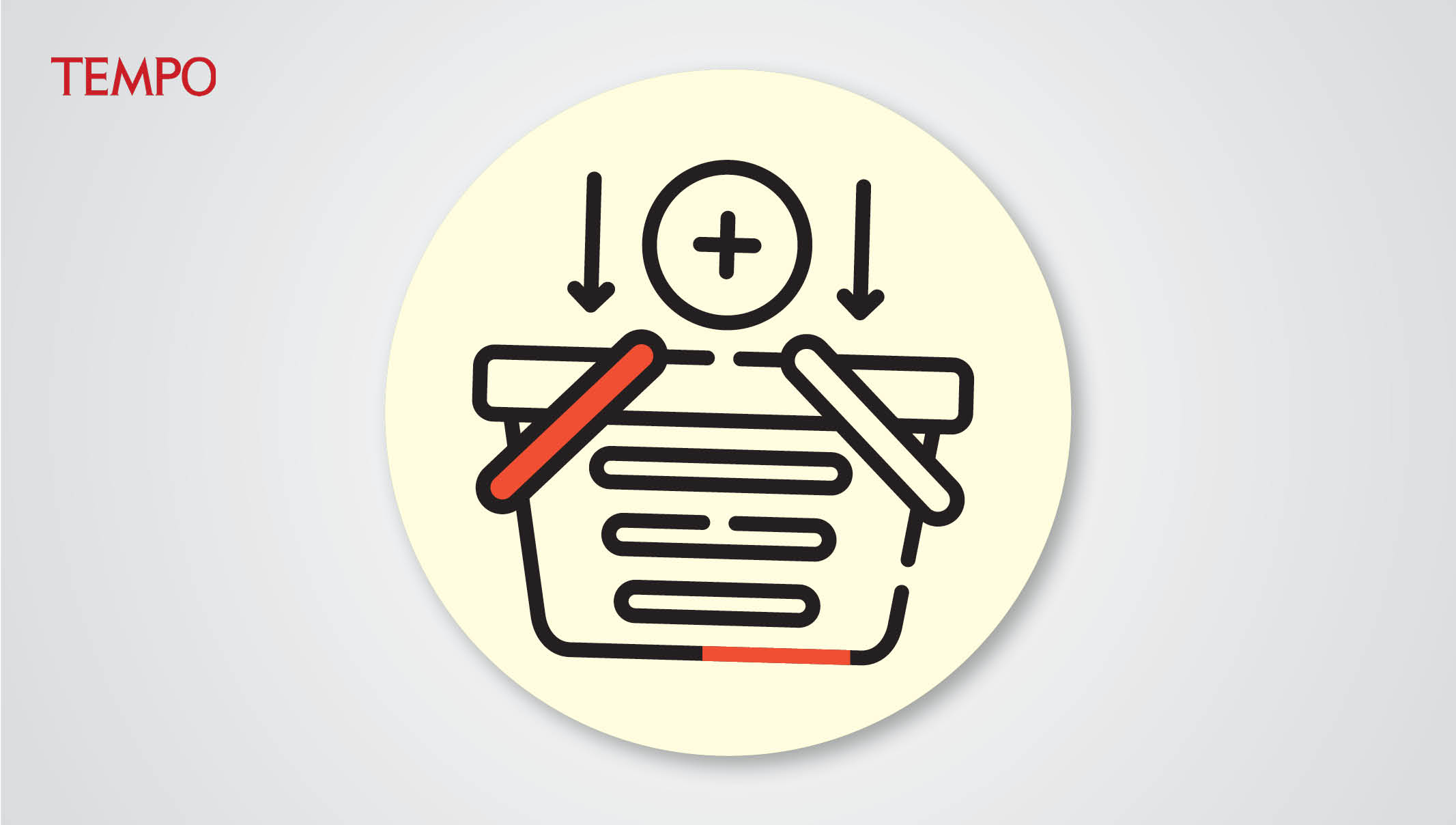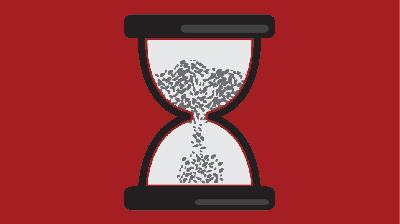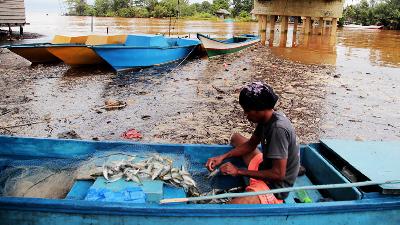The Wrong Way to Draw up a State Budget
Monday, July 8, 2024
Jokowi is involving Prabowo Subianto’s team in the drawing up of the 2025 Draft State Budget. He ignores the principle of caution in budget management.
arsip tempo : 174488001060.

PRESIDENT Joko Widodo’s decision to force through an allocation of Rp71 trillion to cover the costs of the free milk and nutritious meal program in the 2025 Draft State Budget is inappropriate. As well as potentially being a violation of regulations, this kind of arbitrary policy ignores the significant burden on state finances next year.
Jokowi ordered Finance Minister Sri Mulyani Indrawati to discuss next year’s budget with the Prabowo-Gibran Administration Synchronization Task Force. This order was a way for the president-elect and his team to intervene in the drawing up of the 2025 Draft State Budget. This is despite the fact that Prabowo Subianto, as president-elect, will only have the authority to draw up the budget after officially being inaugurated as president in October.
As well as providing an opportunity for intervention, Jokowi also ordered Rp71 trillion not allocated to a particular program to be deposited in the State Treasury account. This means that Prabowo, after becoming president, will immediately be able to make use of it. This strange process is clearly a violation of the mechanism of drawing up the budget and using funds because it allows them to be used for any purpose.
Prabowo’s campaign promise to roll out the free lunch program, subsequently revised to free nutritional meal, will require funding of up to Rp460 trillion. But the current shortage of state funds has led to many plans being changed. From an initial 83 million people, the targeted number of recipients of this program has fallen to 70.5 million, comprising 22.3 million under-fives, 7.7 million kindergarten students, 28 million elementary school students and 12.5 million junior high school students.
So far, the government has only set aside Rp71 trillion, far less than the total required. These funds were obtained by increasing the budget deficit to 2.29-2.82 percent of gross domestic product for the next year. In order to gloss over this deficit, Prabowo’s team has a plan to revise Law No. 17/2003 by removing the requirement for the budget deficit to be no more than 3 percent of GDP.
There is a significant risk that this reckless plan will lead to a collapse in state finances. As well as having the potential to disrupt fiscal sustainability, which is the cornerstone of managing state finances, the policy could lead to moral hazard. Moreover, the state finances will come under severe pressure over the next few years because government debt in the form of government securities and bonds as well as Islamic bonds has already reached Rp5,780 trillion.
Any drastic increase in the quantity of state securities on the market will lead to the price collapsing and demand plummeting. The warning bells are already ringing. Based on the debt service ratio, the ability to collect tax revenue—not including non-tax revenue—government debt plus interest has already reached 40 percent.
Given this sorry state of affairs, the government’s ambitions to increase debt must be put on hold. Prabowo’s economic team should understand that Jokowi is bequeathing a huge national debt at a time when the value of the rupiah is continuing to fall. Ignoring the principle of caution in managing state finance means allowing Prabowo to lead Indonesia in a period of economic crisis.











